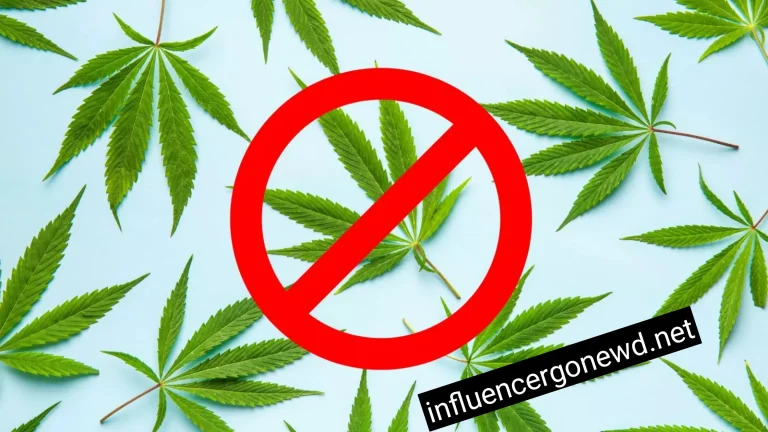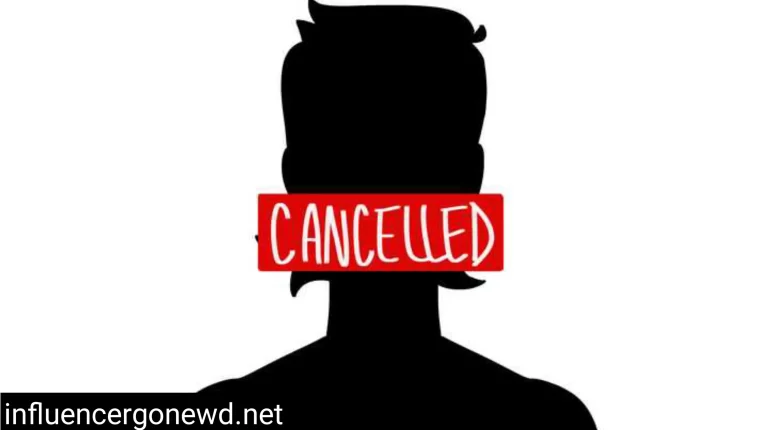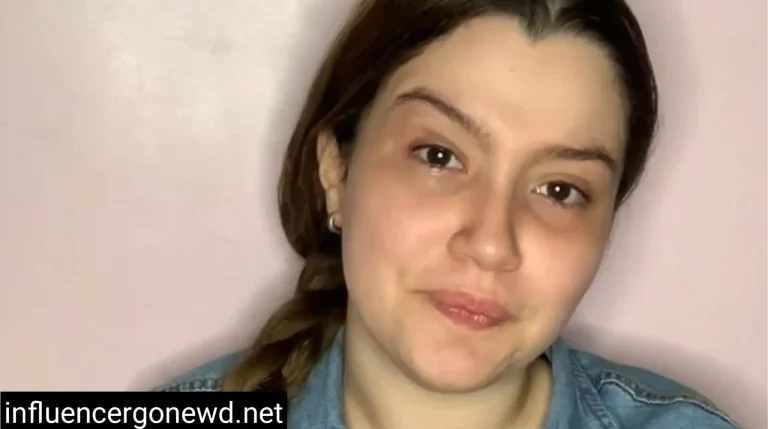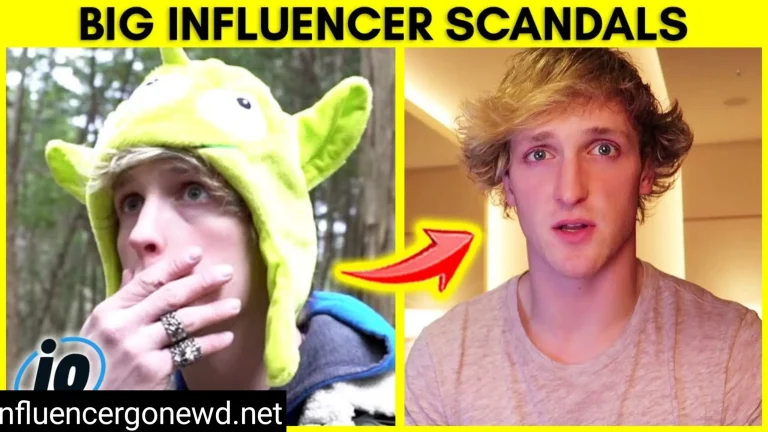Instagram Fame, Real Shame: Influencers Face Lawsuits 2025
The emergence of Instagram as a worldwide platform has turned average people into influencers with millions of followers and trendsetters and influencers of consumer behavior. Nevertheless, the power comes with a lot of responsibility, and many Instagram stars have paid a price in the form of lawsuits. Whether it is undisclosed advertisements or intellectual property controversies, litigation against influencers is demonstrating the practical implications of their internet celebrity. This paper will discuss the high-profile lawsuits against Instagram influencers, which will help understand the legal and ethical issues of the influencer business.
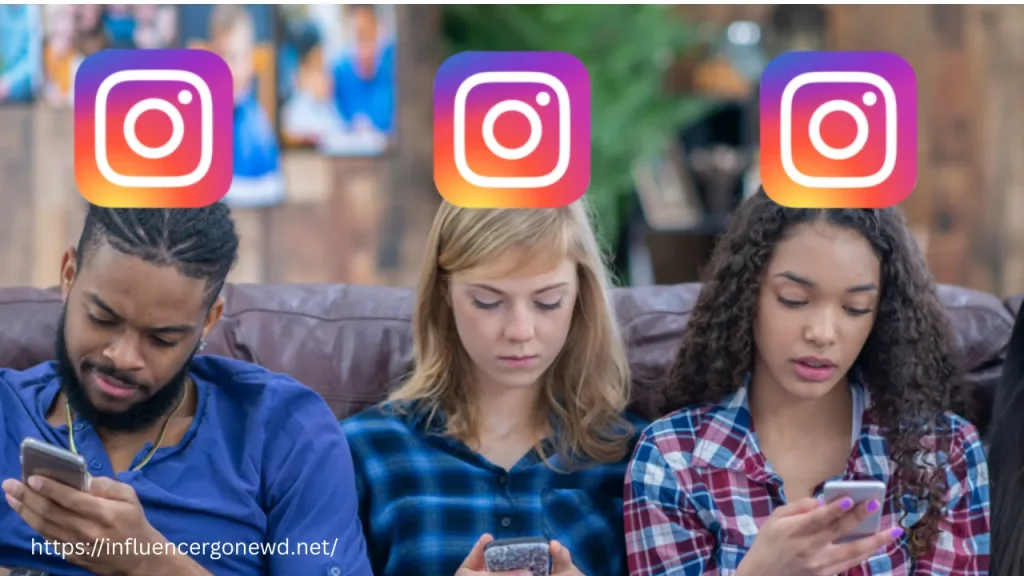
The Attraction and Dangers of Instagram Stardom
Instagram is a visual-based platform that has seen it become a center of influencer marketing, and companies are willing to spend billions of dollars to reach the audience of influencers. Nevertheless, this profitable industry is full of legal traps. Influencers can be sued due to the lack of adherence to advertising requirements, violation of intellectual property rights, and falsehood. Federal Trade Commission (FTC) obliges influencers to tag paid collaborations as such with the help of tags such as ad or sponsored. Breach, among other misconduct, has resulted in high-profile court cases that reveal the ugly side of Instagram stardom.
Famous Instances of Lawsuits Against Instagram Influencers
1. Fyre Festival and Accountability of Influencers
The Fyre Festival debacle is still one of the most notorious influencer-related scandals. The ill-fated 2017 music festival organized by Billy McFarland was promoted intensively by Instagram models such as Kendall Jenner, Bella Hadid, Hailey Baldwin, and Emily Ratajkowski. Jenner was paid 0.275 million dollars to make one Instagram post, and Ratajkowski was paid 0.299 million dollars, but the majority of them did not report these payments, which is against the rules of the FTC. The failure of its festival, characterized by poor arrangements and people being left behind, resulted in a 100 million dollar lawsuit filed against McFarland, with influencers being mentioned as part of the deception of fans. This case highlighted the legal dangers of unannounced promotions and damages brought by phony hype.
2. Contract Breaches by Luke Sabbat
Fashion influencer and actor Luke Sabbat was sued for breaching promotional deals. In 2018, Snapchat sued Sabbat because he failed to promote Snap Spectacles as agreed, claiming damages of 45,000. Sabbat paid back the money and settled with the 15,000 dollars. Individually, Catwalk to Sidewalk Inc., the parent company of Konus, filed a suit against Sabbat, accusing him of failure to post two posts on Instagram after being paid an amount of 30,090 dollars, claiming 40,000 dollars in damages. These examples indicate the significance of the observance of the contractual duties and the legal outcomes of the impossibility of providing the promised content.
3. Tanya Zuckerbrot Vs Emily Gellis Lande
In one such instance, Tanya Zuckerbrot, the founder of the F-Factor diet, sued wellness influencer Emily Gellis Lande in a 2020 defamation case, charging that Lande had posted more than 4,500 stories on Instagram claiming adverse effects of F-Factor products. The case was about defamation and trademark dilution, and it showed the legal dangers that influencers face by making unverified statements about brands. The case demonstrates that Instagram content may lead to expensive court disputes when influencers publicly accuse someone of something without any evidence.
4. The Sad Beige Lawsuit: Sydney Nicole Gifford v. Alyssa Sheil
In 2024, Alyssa Sheil was sued in the Texas Federal Court by an influencer, Sydney Nicole Giffor, who accused her of stealing the latter of her neutral, beige, and cream aesthetic on Instagram. Gifford stated that Sheil copied her photos and videos and did not give credit, which resulted in the loss of income. Sheil wanted the case to be thrown out because an aesthetic is not something you can own. The court permitted four claims, which were the violations of the Digital Millennium Copyright Act (DMCA), misappropriation of likeness, vicarious copyright infringement, and infringement of trade dress. The case, known as the Sad Beige Lawsuit, might become the precedent for defending the unique style and content of an influencer.
5. Undisclosed Promotions and Revolve
Consumer Ligia Negreanu brought a class-action lawsuit against Revolve Group and influencers Cindy Mello, Tika Camaj, and Nienke Jansz in April 2025, alleging they had not disclosed paid promotions. Negreanu claimed to have bought Revolve products relying on the recommendations of the influencers, who she thought were genuine, but instead, she found out that it was paid advertising. This case, which demands more than 50 million dollars, accuses the company of breaching FTC regulations and deceiving consumers, emphasizing the economic consequences of untold advertisements on the fans.
6. In-N-Out Burger vs Christopher Michael Russo
In June 2025, Instagram influencer Christopher Michael Russo was sued by In-N-Out Burger on trademark infringement, business defamation, and trespass. Russo also posted lewd, derogatory, and profane videos in the name of an In-N-Out employee, tarnishing the reputation of the brand. The case states that Russo deceived the consumers and caused damage to the corporate image of the company, thus illustrating the fact that the careless actions of influencers may result in a lawsuit against the brand.
Legal and Ethical Implications
These examples indicate the complicated legal environment that influencers are maneuvering in. The FTC endorsement guidelines are meant to help consumers against deceptive advertising, but their enforcement has not been consistent. Incidents involving intellectual property, such as the “Sad Beige Lawsuit raisingg the question of whether the aesthetic or the vibe of an influencer can be legally claimed. Court cases on defamation, like Zuckerbrot vs. Land, are examples of the dangers of making unestablished claims online on social media like Instagram, where information can be accessed by millions of people in real-time.
There are ethical issues in the influencer industry as well. The fans, especially younger ones, can be blind followers of the influencers,ers and thus they can easily fall prey to fraud or false advertisements. The lawsuits against influencers are a reminder that their activities have real-life implications, rangfromween financial losses to consumers and reputational damage to brands.
How to Defend Yourself against Influencer Problems
In order not to become a victim of the influencer scam or legal problems, take into account the following:
- Check Disclosures: Be on the lookout for tags such as ad or sponsored to know whether it is paid.
- Research Products: Research the authenticity of products or brands advertised before buying them.
- Honor thy skepticism: Unrealistic promises, e.g., quick health or wealth, are usually warning signs.
- Report Violations: Report tothe FTC or Instagram in case you suspect there is ddeception
- To prevent being in legal problems as an influencer, it is necessary to:
- Clear Disclosures: Never hide paid partnerships and make them prominent and clear.
- Contract Compliance: Keep promises made on promotions, because failure to do so may lead to a breach-of-contract suit.
- IP Awareness: Honor intellectual property rights and secure your owformation by registering it as copyrighted or a trademark.
- Legal Advice: Seek the advice of lawyers who have expertise in influencer law to help with contract and regulatory laws.
Conclusion
Instagram stardom is able to bring power and money, as well as a lot of legal dangers. The fallout of the Fyre Festival to the Sad Beige Lawsuit, legal actions against influencers, demonstrates the need to be transparent, accountable, andadhereg to regulations. With the development of the influencer industry, influencers and brands need to focus on being ethical to sustain the trust of their followers. To the fans, it is prudent to keep updated and be alert to misleading advertisements. These court cases should be a lesson, a wake-up call, to us all that beneath the glossy profiles on Instagram is a world of instant celebrity to the real-life humiliation of shame.
